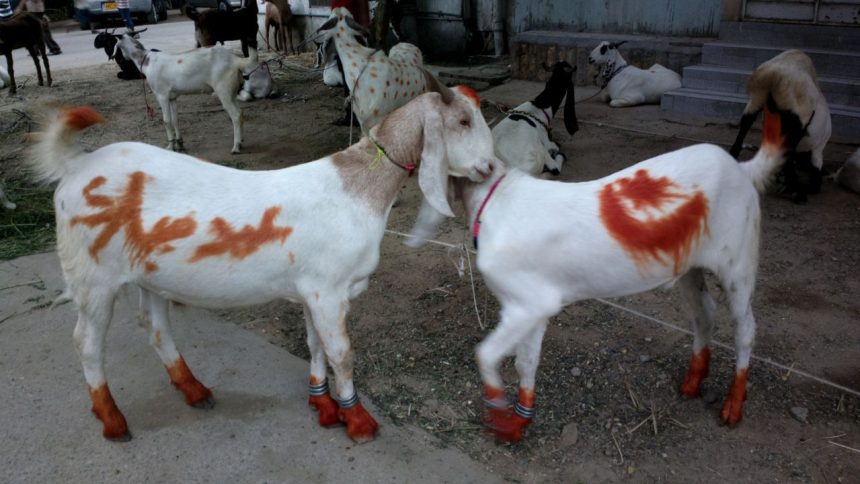“Islam offers no alternative to qurbani. It is a religious duty for every able Muslim,” said Maulana Madani. However, in light of the prevailing circumstances, he appealed to the community to maintain caution—particularly by refraining from sharing photos or videos of sacrificial animals on social media platforms.
‘Follow rules, avoid conflict’
He further advised that Muslims strictly follow government guidelines related to animal slaughter. “Do not sacrifice animals that are banned,” Madani said, suggesting the selection of black animals where permitted as a way to avoid unnecessary conflict. If locals face resistance even in such cases, he encouraged responsible community leaders to engage with authorities to ensure peaceful execution of the ritual.
If the situation becomes untenable in a particular area, he advised moving the sacrifice to a nearby place where there are no objections. “But if the locality has a tradition of animal sacrifice and is currently facing obstacles, at least a goat should be sacrificed. Inform the administration in writing so that future disputes are prevented,” he added.
Appeal for cleanliness
Madani also issued a strong appeal for cleanliness during the festival. He urged Muslims not to leave animal waste in public spaces, drains or alleys, but instead bury remains in a way that avoids foul smells. “Our actions must not create inconvenience for others,” he said.
Addressing the possibility of communal tensions, the cleric urged restraint. “If there is any provocation, remain calm and patient, but do report it to the local police. Do not respond with anger or aggression,” he said. “We must never lose hope,” Maulana Madani said. “Face these times with peace, love, patience and full trust in Allah.”
Eid al-Adha, also known as the Festival of Sacrifice, will be observed across India on June 7.








